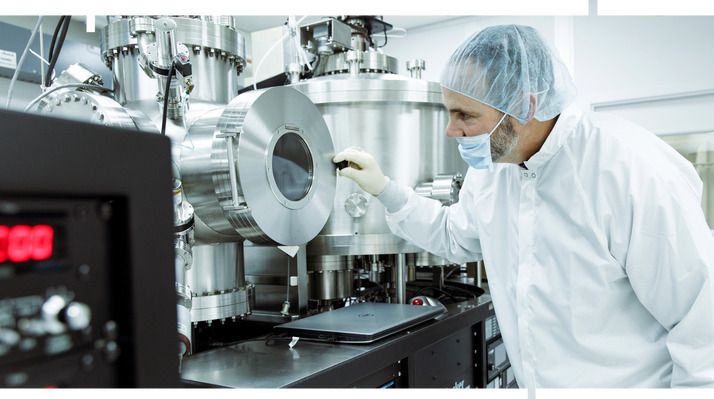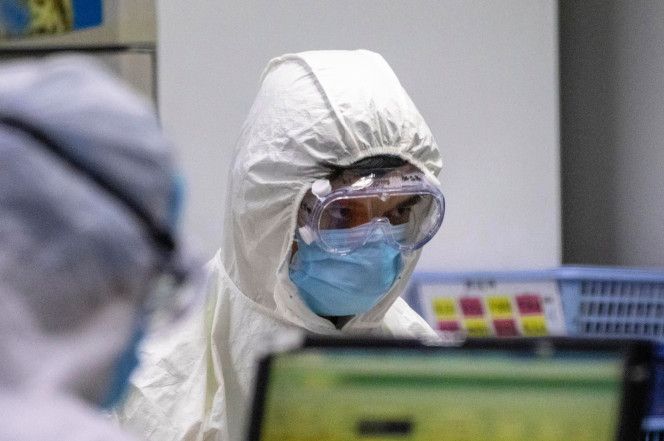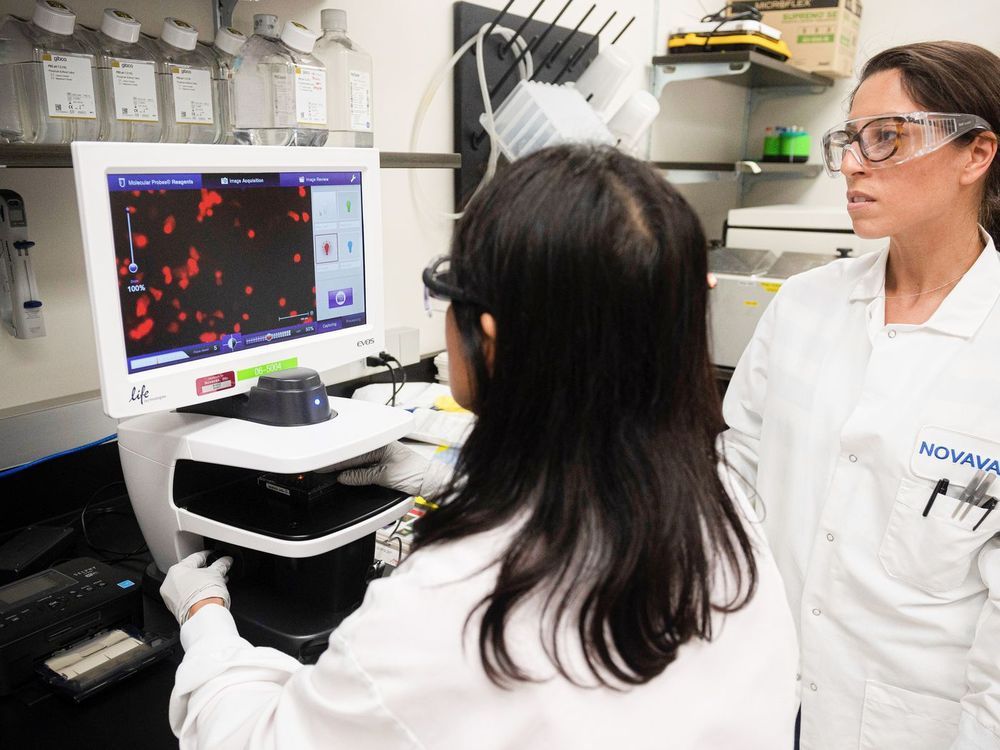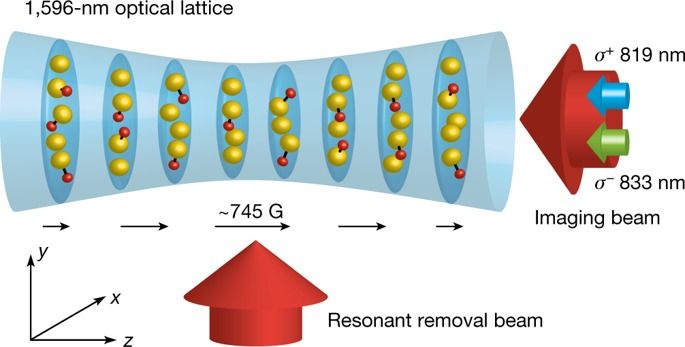Apr 9, 2020
Seeqc raises $5M to help make quantum computing commercially viable
Posted by Genevieve Klien in categories: computing, finance, quantum physics
Seeqc, a startup that is part of a relatively new class of quantum computing companies that is looking at how to best use classical computing to manage quantum processors, today announced that it has raised $5 million from M Ventures, the strategic corporate venture capital arm of Merck, the German pharmaceutical giant. Merck will be a strategic partner for Seeqc and will help it to develop its R&D efforts to develop useful application-specific quantum computers.
With this, New York state-based Seeqc has now raised a total of $11 million, including a recent $6.8 million seed round that included BlueYard Capital, Cambium, NewLab and the Partnership Fund for New York City.
Since developing new pharmaceuticals is an obvious use case for quantum computing, it makes sense that large pharmaceutical companies are trying to get ahead of their competitors by making strategic investments in companies like Seeqc.


















